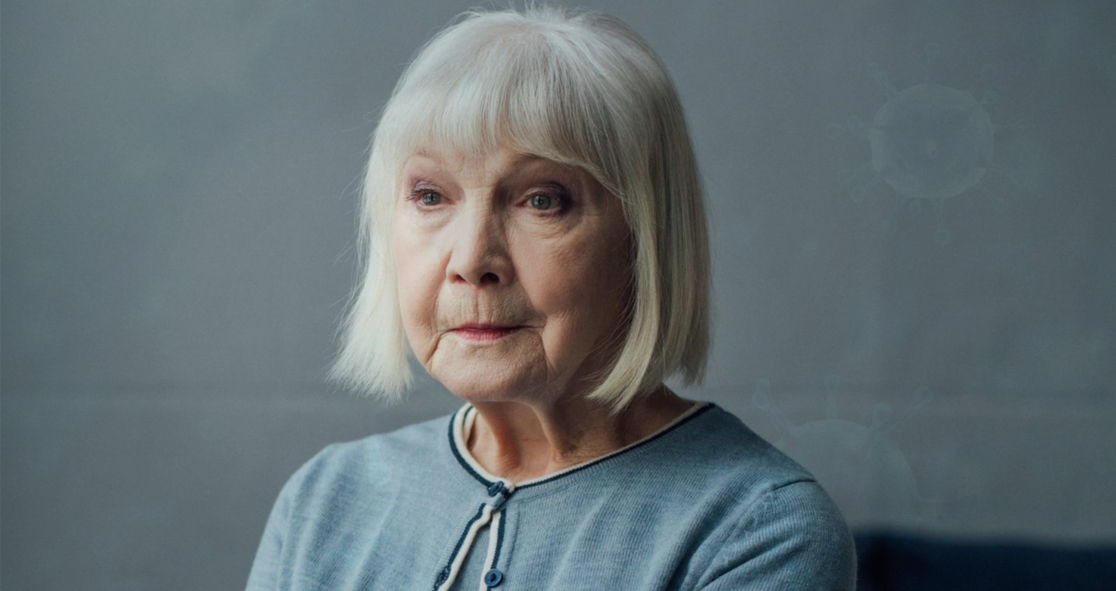A new survey has found that the oldest adults in the United States say they have been through worse but most of them are feeling stressed due to the ongoing coronavirus pandemic and prolonged social distancing.
Study author Dr. Kerstin Emerson of the University of Georgia’s Institute of Gerontology said she is concerned that the elderly might be feeling lonelier due to social distancing measures.
She said, “Many of the social venues that help older adults stay engaged are effectively cut off now with social distancing.”
“While the Internet can help with some connections, it is hard to replace human contact,” Dr. Emerson added. “And for some these remote connections aren’t possible due to no reliable Internet.”
Dr. Emerson surveyed older individuals to understand how they are coping with the ongoing crisis. She also wanted to find some ways to help them.
The survey looked at more than 830 American adults aged 60 and above from March 30 to April 12.
On March 5, the US Centers for Disease Control and Prevention (CDC) released guidelines encouraging older individuals to stay home to prevent themselves from catching COVID-19 infection. So, the participants had been social distancing for nearly 20 days by the time they took part in the survey.
Dr. Emerson said, “Part of the reason I did that was because I wanted to see if there was a difference by age groups, among the ‘younger old’ and ‘older old,’ who may have different work responsibilities and living situations.”
She found that 40 percent of the participants aged 60 to 70 said they “felt moderately or very stressed and felt out of control of their lives,” which is why they also reported indulgence in unhealthy behaviors, such as eating more and drinking more alcohol than usual.
Dr. Emerson also found that at least 33 percent of participants reported exercising less, but another 33 percent reported exercising more.
Surprisingly, Dr. Emerson noted that those who were 71 and above were found to be handling stress much better than their younger counterparts, with 74 percent of them said that they were experiencing little or no stress.
“That’s where older adults have a strength,” Dr. Emerson explained. “They have life experience and coping mechanisms that we don’t often give them credit for, but that’s part of their wisdom. We can really turn to older adults as examples of how to manage and live through bad periods of history.”
The survey also found that many older adults have started communicating across all modes by calling, emailing, texting, and using social media, like Facebook. They also started using more smart devices during the pandemic.
Dr. Emerson explained that the findings could help clinicians to develop new interventions to support the physical and mental health well-being of the elderly who reside in remote areas.
Acknowledging that the survey participants had access to a personal computer or smart device and the internet, Dr. Emerson said, “We’re probably not reaching the most vulnerable populations, people who are socially isolated in rural areas or who are incredibly poor.”
She said, “The survey ends up raising more questions than giving answers in some cases, but that’s the nature of it.” The article originally appeared on Psych Central.























